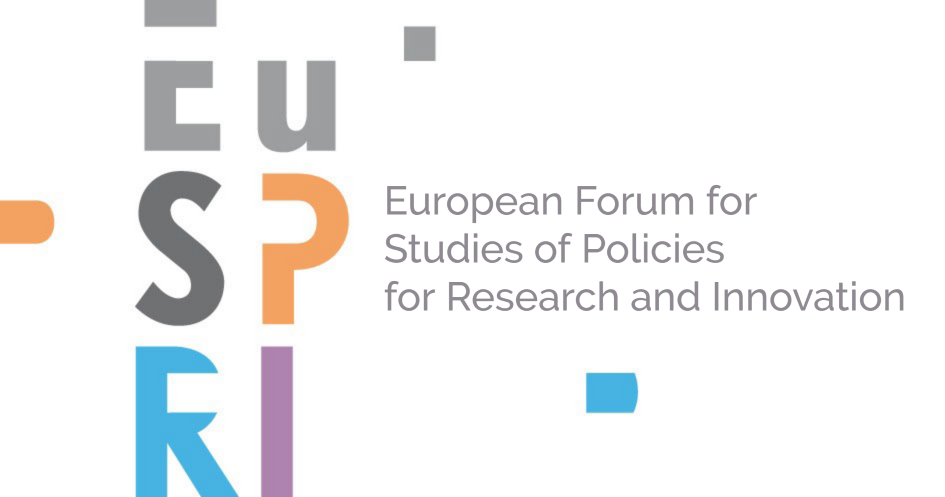Contact person: Wiegmann, Paul Moritz (Eindhoven (NL) Eindhoven University of Technology)
Shaping Societal Futures and Transformative Change with Standardisation
Authors: Paul Moritz Wiegmann, Knut Blind, Jaime Bonnin Roca, Jussi Heikkilä, Kai Jakobs
Keywords: standardisation, transformative change, societal futures
Abstract
Standards have several economic functions, but also further impacts. In recent years, policymakers and practitioners in the standardisation field have been focussing on these impacts and are supporting standardisation and standards as tools to promote positive and inclusive societal change. Standardization systems can be understood as inclusive institutions that eventually may define even whether nations fail or not (cf. Robinson and Acemoglu, 2012). Examples include the International Organisation for Standardisation’s (ISO) focus on the United Nations Sustainable Development Goals (SDGs) in its work (ISO, 2024), and the European Commission’s ambitions to use standards in support of European Values (European Commission, 2022). This trend has also already been reflected in research to some extent: Whereas standards’ economic functions have been in the focus of early research on standardisation (e.g. Swann 2000), more recent work has extended the range of their impacts under investigation to further implications for society, like health, environment and security (Swann 2010, Grillo et al. 2024), and even going beyond to all the Sustainable Development Goals (Blind and Heß, 2023, Wiegmann et al., 2023) as well as transformative change (OECD 2024). Finally, the need for professional knowledge and education about standardisation in the context of sustainable development has been pointed out (de Vries, 2020), and ongoing projects, such as Edu4Standards.eu, are contributing to professionalising the field.
Yet, many questions remain unanswered before a full understanding of how standards meet the ambitions for shaping society and to what extent they do so. Given the policy attention and relation to policy goals on societal transformation, standardization should be seen in the context of broader institutional frameworks. Whereas in the United States standards have in general a voluntary character, several Asian countries have mandatory character, and the European Union links more than one third of all European standards to its regulatory framework (Bradford 2020, 2023). In addition, the interactions between standardisation and regulation (incl. coregulation) might change over time (Wiegmann et al. 2017). Since both regulation and standards influence various impact dimensions, which have implications for societal transitions, research should focus on their interactions considering the institutional framework (see Blind, 2024, for a first attempt which considers quality infrastructures in socio-economic transitions in a broader sense). Furthermore, the interfaces to further innovation policy instruments, like R&D policies or public procurement, should be considered. Finally, the implications of the two instruments and their interactions for the numerous stakeholders should be differentiated beyond the threat of regulatory capture by incumbents.
This makes studies on these interplays a highly relevant topic in the innovation policy context. In this track, we invite studies addressing this, for example by considering the following topics:
• What impacts do standards have on shaping societal futures and transformative change, and how do these impacts relate to other areas of policy?
• How to use standards and regulation (incl. coregulation) to balance their various impact dimensions and exploit synergies between them?
• Which different roles do standards and regulation play along technology and market cycles?
• How to foster involvement of all relevant stakeholders without risking biased solutions by regulatory capture and/or significant delay where timely solutions are urgently needed, e.g., related to climate change?
• What kind of standardization education could promote transformative change and inclusive societal change?
• How to tailor standardisation and regulation to the needs of specific technologies (and should this be done in the first place)?
• Comparisons between different policy approaches to the interplay of standards and regulation also considering the increasing geopolitical tensions.
• Any others which, in a broad manner, examine the role of standards or regulation in shaping transformative change and societal futures.
The track will provide authors an opportunity to present their papers. In each session, one of the track organisers will act as discussant.
